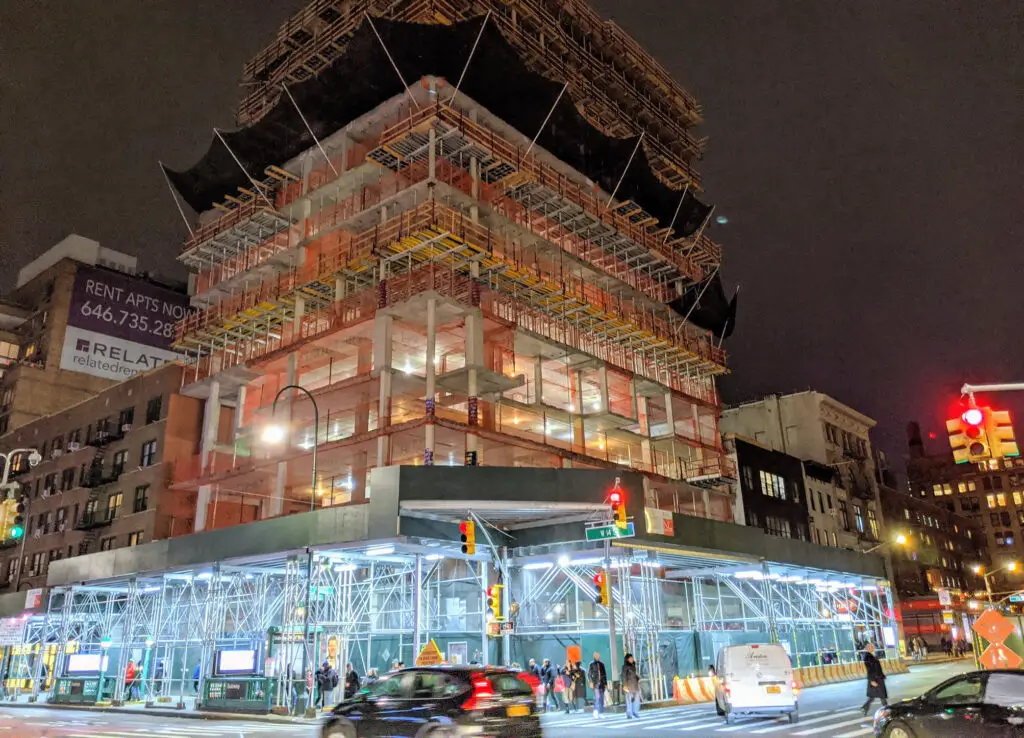By Chris Holden on April 19th, 2022

A new report shows that housing speculation leads to worse living conditions for low-income renters, as well as increased evictions in distressed neighborhoods.
Over the last decade, housing speculators — those who buy a property with the intent to sell it for a profit — have been buying more and more properties in low-income neighborhoods.
The report, from the community development nonprofit Local Initiatives Support Corporation, looks at the impact of housing speculation in New York City.
Housing speculation involves buying a distressed property at a low price, and then selling it for a large profit when property values begin to rise.
The report has four major findings:
The LISC report shows that this happens most in low-income neighborhoods. It is even more common in neighborhoods where the majority of renters are Black or Latinx households.
As these neighborhoods start to gentrify, many landlords will also take out loans against the rising values of their properties.
Housing speculation also includes landlords in distressed neighborhoods who ‘take cash out of their properties.’ These landlords will borrow money against the rising value of their properties, and then can use these low-cost loans for other business activities.
In either case, housing speculation often leads to rising rents, deferred maintenance, or both. It leaves properties with very little cash available for needed repairs and daily upkeep.
Although the report focuses on New York City, housing speculation has increased around the country. Other places where rents are rising faster than inflation, where the housing affordability crisis is greatest, also see greater housing speculation.
Low-income renters living in these properties will see worse living conditions and will be more likely to face eviction.
Even if it looks difficult to get housing, apply anyway.
Some factors make it look like a longshot to get housing. Any waiting list opening is a legitimate chance to get housing, no mattter how long it takes.Steve Rubin says:
"Affordable Housing Online is an excellent resource, and an important service for those who need it."